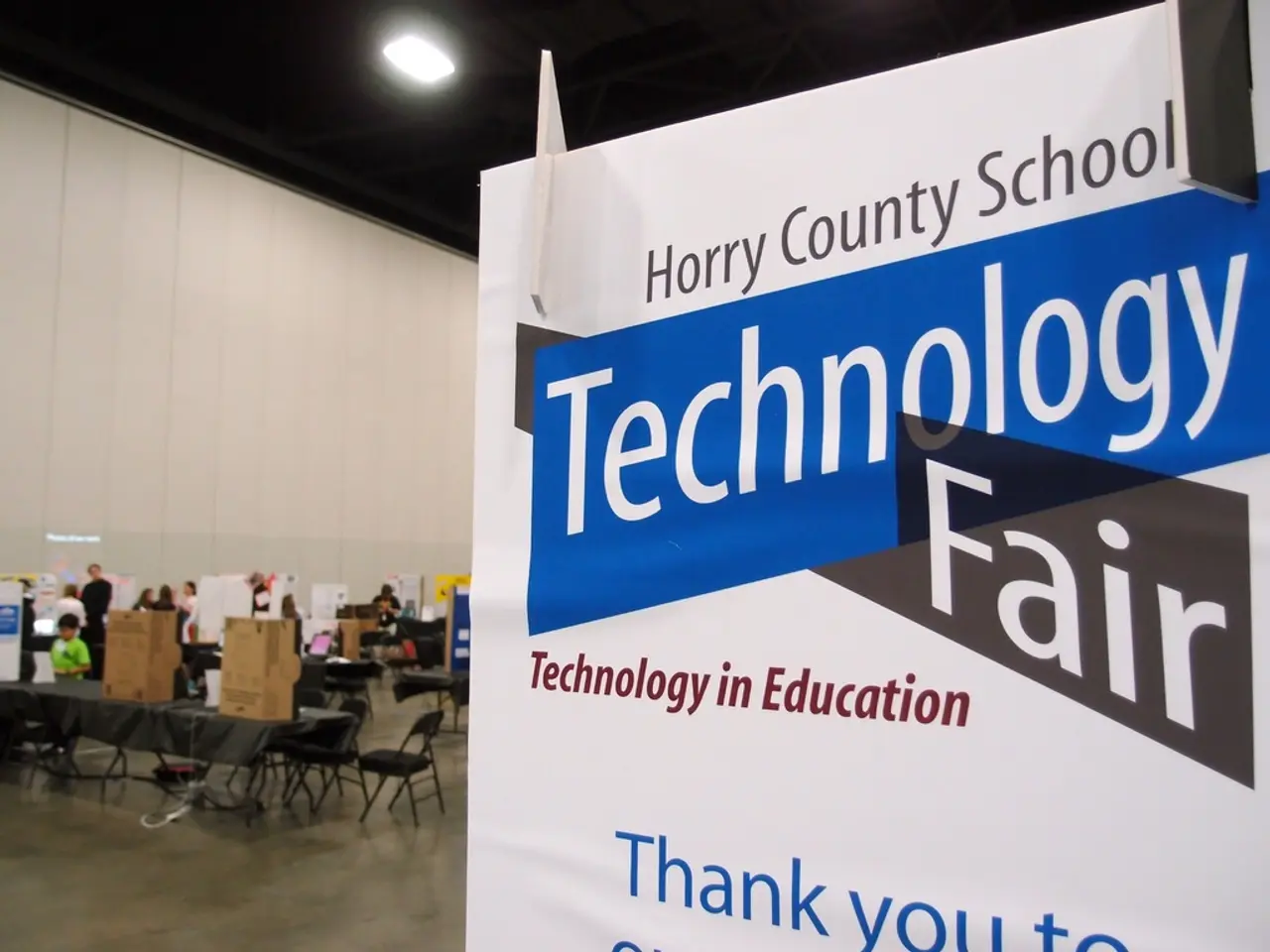Exploring the Intricacies of Human Behavior: Obstacles in Committing to Future Goals
In the face of unprecedented global challenges, understanding human nature and its biases is crucial for ensuring a sustainable future. Cognitive biases and mental shortcuts, such as the Availability Heuristic and Optimism Bias, can lead to systematic errors in judgment, impacting our ability to plan for the long term.
One such bias is the Present Bias, which prioritizes immediate gratification over future rewards. This tendency makes it difficult for individuals and societies to commit to sustainable actions whose benefits are often delayed and abstract. Recognizing this bias allows policy designers to create behavioral nudges—subtle changes in choice architecture that make sustainable behaviors easier or more attractive in the short term without restricting freedom of choice. For example, setting vegetarian meals as the default option in cafeterias leverages status quo bias and can reduce meat consumption, contributing to sustainability.
Another barrier is the Future-Self Continuity and End-of-History Illusion. Many people experience a low sense of connectedness with their future selves, perceiving them as strangers. This cognitive bias leads to short-sighted decisions, because people underestimate how much they or their circumstances will change in the future, weakening motivation for long-term planning. Addressing this illusion through education and methods that promote envisioning and empathy with future selves can enhance sustainable decision-making.
The Cognitive Dissonance and Value-Action Gap also pose a challenge. Sustainable living often triggers psychological unease when personal actions contradict environmental values. Honest self-reflection helps recognize and reduce these gaps, fostering more consistent sustainable behaviors by aligning values and actions. This requires cultivating ecological literacy grounded in self-awareness and personal responsibility.
Given these psychological barriers, it is essential to create societal structures and incentives that encourage long-term thinking. Incorporating future generations' interests into policy decisions can help overcome the short-term bias. Using simulations and virtual reality to make future scenarios more vivid and emotionally impactful can also aid in long-term planning.
The challenge of long-term human survival and development lies in overcoming internal psychological barriers. Many people struggle with saving for retirement and making environmentally conscious choices due to the immediate costs versus the distant benefits. Human nature prioritizes short-term gains over long-term benefits, creating barriers to effective long-term planning.
In conclusion, understanding these biases enables the design of strategies and environments that better motivate individuals and societies to prioritize sustainability, thus overcoming key psychological hurdles in ensuring a sustainable future for humanity. Effective sustainability efforts need to incorporate behavioral science to design interventions that work with human biases rather than against them, creating cultural and psychological shifts alongside technological changes.
- The understanding of cognitive biases like the Present Bias, Future-Self Continuity, and Cognitive Dissonance can guide the evolution of science and health-and-wellness approaches to promote mental health, as they all impact our ability to plan for long-term sustainability.
- To ensure a sustainable and healthy future for our societies, we must integrate behavioral science into policy and cultural practices, creating a society that fosters long-term thinking through strategic nudges, education, and emotional connections with our future selves, thereby addressing internal psychological hurdles in the journey towards sustainable evolution.




